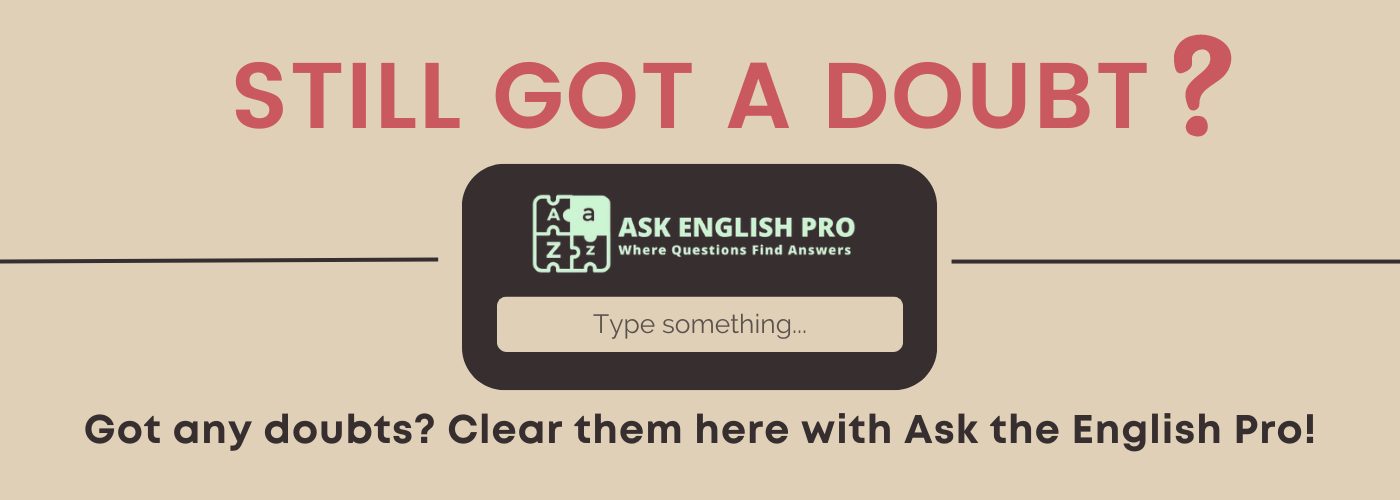Detailed Article for the Word “Concur”
What is Concur: Introduction
Imagine a group of voices rising together in harmony, each note blending seamlessly to create a single, unified sound. This harmony is the essence of the word “concur.” To concur is to agree, to come to a common conclusion, or to align in thought or action. In today’s collaborative and interconnected world, concurring has become essential in everything from business decisions to scientific research, where shared conclusions can drive progress and create harmony in collective endeavors.
Origin and History of the Word Concur
The word “concur” originates from the Latin “concurrere,” meaning “to run together” or “to coincide.” This Latin root combines “com” (together) and “currere” (to run), implying movement toward a common point or purpose. The term entered Middle English in the late 15th century, initially used to indicate events occurring simultaneously or in alignment. By the 16th century, “concur” evolved to signify agreement or mutual consent, a meaning that has carried through to the modern day. Throughout history, “concur” has been favored in formal contexts, such as legal, academic, and professional settings, to denote agreement among parties or consensus within groups.
Meaning and Definition of Concur
Concur (verb):
- To agree with or share the same opinion as someone else.
- To happen or occur simultaneously; to coincide.
Usage note: While “concur” implies agreement, it is often used in formal or professional contexts and may suggest thoughtful or studied agreement rather than spontaneous assent.
How to Pronounce Concur
kun-KUR
How to Remember Concur: Memory Tips
To remember “concur,” think of “con-” (together) and “-cur” (sounds like “occur”). Picture two people agreeing so perfectly that their ideas “occur” together in unison. Another memory aid is to visualize runners (“currere” in Latin means “to run”) crossing a finish line together—they concur in both action and timing. This can help reinforce the idea that to concur is to align in thought or time with another.
Concur in a Sentence: Examples and Usage
- Professional: The board members concurred on the decision to expand the company’s operations internationally.
- Formal: “I concur with the judge’s ruling,” stated the attorney, signaling complete agreement with the decision.
- Academic: The two researchers concurred on the results, despite conducting their studies independently.
- Conversational: “I have to concur,” she said, nodding in agreement with her friend’s opinion.
- Scientific: The study’s findings concur with previous research, strengthening the overall conclusions on the subject.
- Legal: “The jury concurred unanimously in their verdict,” the foreman announced in court.
- Casual: “I concur,” he joked, laughing along with his friends’ decision to get dessert.
Difficulty Level of Using Concur
Intermediate:
- Often used in formal, professional, or academic language
- Easy to understand but less common in everyday speech
- Best used when a thoughtful agreement or consensus is intended
Modern Usage of Concur in Contemporary Context
In modern usage, “concur” appears across professional, academic, and casual contexts where agreement or alignment is key:
Legal and Professional Fields:
- In legal settings, “concur” is often used formally, as in a “concurring opinion,” where judges may agree with a decision while providing unique reasoning.
- Corporate and board meetings use “concur” to record agreement on official decisions or motions, often noting full or partial concurrence from members.
- In medical and scientific studies, “concur” is used to affirm agreement in research findings or diagnoses across independent studies.
Academic and Scientific Contexts:
- In academic papers, researchers may “concur” on findings, indicating that separate studies reached the same conclusion independently.
- Scientific communities use “concur” to discuss consensus on theories, especially in fields requiring peer validation.
Additionally, in everyday conversation, “concur” is sometimes used humorously or in a more formal manner to emphasize shared opinion, especially when agreeing strongly with another person’s observation or statement. The word serves as a succinct, impactful way to express agreement in a range of contexts, whether in business, academia, or personal interactions.



















